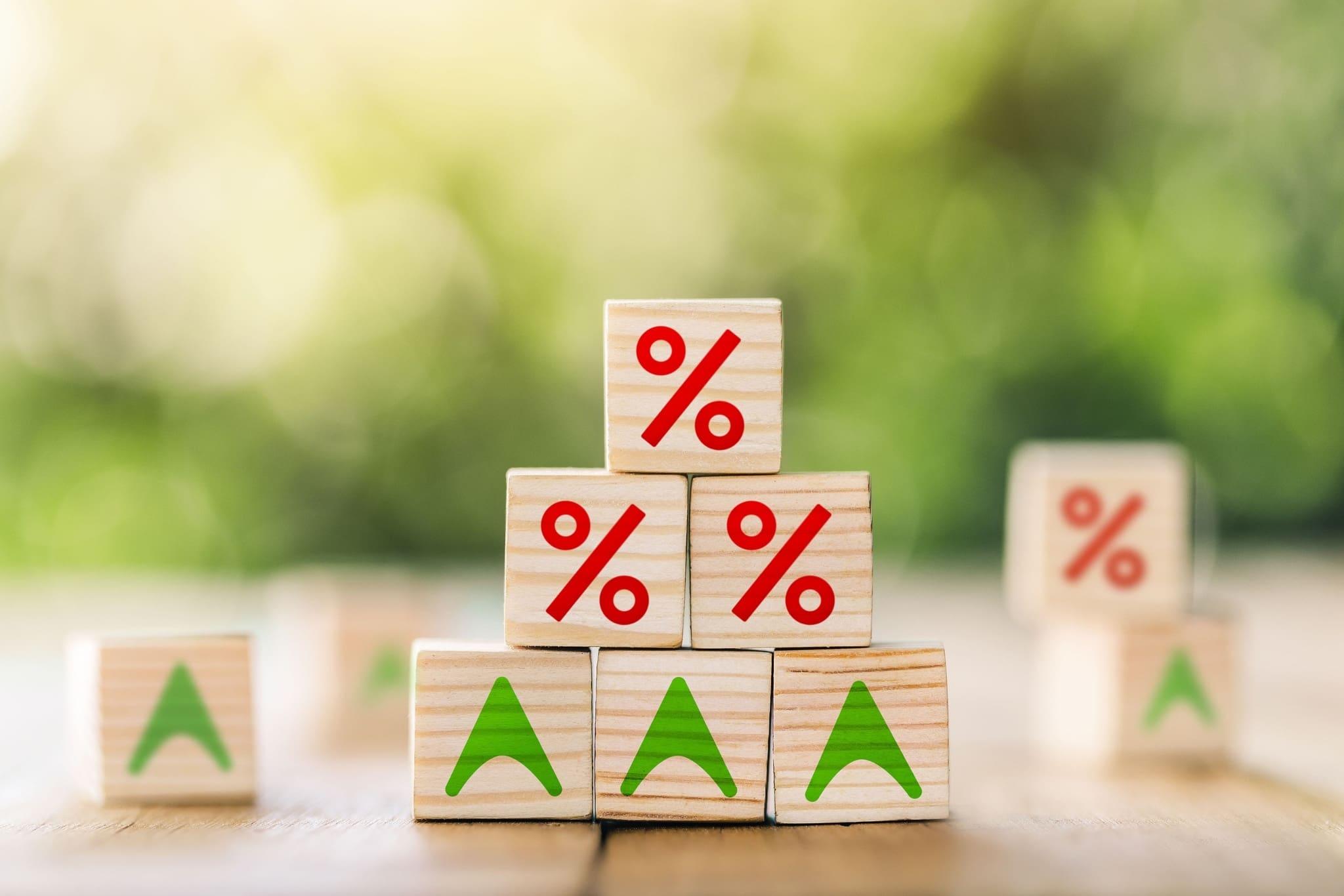
If you need private student loans, understanding how interest works and when repayment will start is essential to being a savvy borrower. The interest on private loans begins right away, as soon as your loan is disbursed, and repayment periods vary by lender. Read on to learn about key points regarding private loans, interest and repayment.
Does interest accrue on private student loans while in school?
Borrowers often wonder whether private student loans accrue interest while they’re enrolled in school. The short answer: Yep.
Getting approved for a private student loan can feel like a relief if you really need the funding. The reality, however, is this assistance comes at a cost, mainly through interest charges. Private loans start accruing interest as soon as the funds are disbursed to your school.
This is the case whether you’re enrolled half- or full-time at school. It also doesn’t matter if you’re unemployed while you’re in school — interest is tacked onto your loan immediately. That can mean a big difference between what you initially borrowed and what you owe by the time you graduate or leave school.
While private loans can cover the rest of your educational expenses in a pinch, it has some downsides. Unlike with federal loans, you typically need a strong credit score for approval or have a cosigner with solid credit. They also don’t have as many borrower benefits, like loan forgiveness or flexible repayment options that are offered by federal loans.
How private student loan interest works
After taking out a private loan, your interest rate sets the velocity for how much your student loan balance grows. Starting on the first day the lender sends your loan money to your school, interest kicks in.
What makes the interest grow so quickly as well is that student loans typically accrue interest on a daily basis, using a daily interest formula. You can use this formula to see for yourself:
Take your interest rate and divide it by 365 for the total days in a year. Then, take that result and multiply it by your current loan balance. Let’s say you borrowed $25,000 at a 5% rate.
0.05 (interest rate) / 365 (days in a year) = 0.00013
0.00013 X $25,000 = $3.25 which is how much interest accrues daily. If your loan accrues interest on a monthly basis, take that number and multiply it by 30 days in a month.
While you’re trying to ace your next test, this process is going on in the background. If your lender offers a grace period before your repayment starts, interest also accrues during this deferred period. By the time you leave school, all of that additional interest is added to your principal balance.
Then, you’ll pay interest on this higher balance. This process is called capitalization and can make it harder to get out of student debt.
Get Started With Our New IDR Calculator

Paying loans and interest while in school
The sooner you start paying back your loans, the less overall debt you’ll amass. Whether you need to make loan payments while attending school, however, depends on your lender and repayment plan. Private lenders have different repayment requirements, so read your loan agreement to understand your responsibilities.
For example, private lender, Sallie Mae, offers three options for private borrowers:
- Making interest payments while in school.
- Making a fixed payment while in school (such as $25).
- Deferring repayment until you graduate and complete your six-month grace period.
If you were a Sallie Mae borrower, you might not need to make payments while in school, but it’s a very smart strategy if you can afford it. The lender states that freshmen could save 13% over the life of their loan by making interest-only payments while in school. If you can’t afford that, even paying a low amount like $25 per month could potentially reduce your total loan cost by 6%.
In-school deferment is also an option to delay repayment, if your lender offers it. Some lenders also offer a grace period after you drop below a certain enrollment level, before mandatory payments start. The downside, however, is that your loan balance will be significantly higher after the years of accrued interest.
Best ways to save money on private student loan interest
Making interest-only payments while in school is the best way to reduce interest accrual on existing private student loans. Your future self will thank you for it, even if your present self would rather spend that money elsewhere. Even making smaller prepayment amounts to chip away at your debt helps.
If possible, avoid private loans altogether. Submit a Free Application for Federal Student Aid (FAFSA) to see if you’re eligible for federal student aid, including federal student loans. Consider using Federal loans first; they offer fixed interest rates and interest subsidies for students with financial need. Additionally, apply for as many scholarships and grants as possible.
Student Loan Planner offers pre-debt consultations, so you understand what you’re signing up for before accepting a student loan. Book a session for help with your student loan strategy.
Not sure what to do with your student loans?
Take our 11 question quiz to get a personalized recommendation for 2024 on whether you should pursue PSLF, Biden’s New IDR plan, or refinancing (including the one lender we think could give you the best rate).
